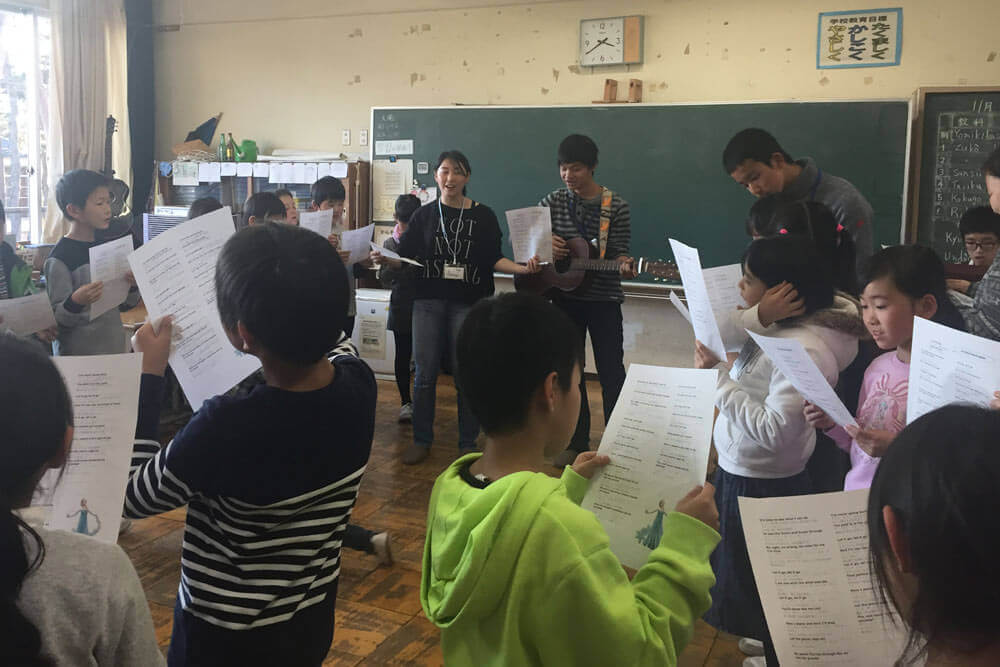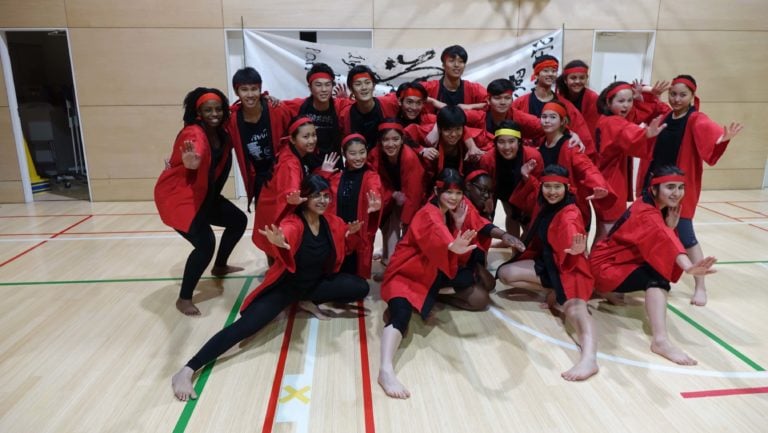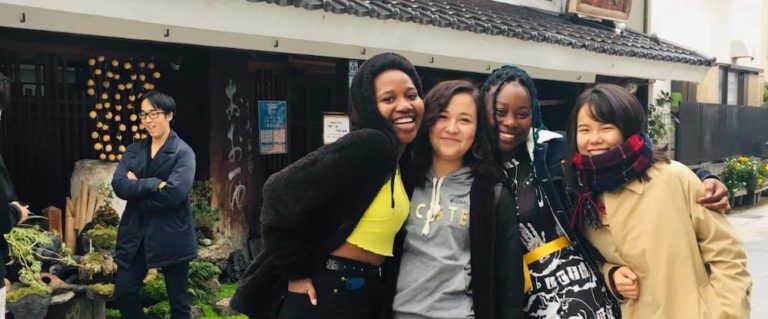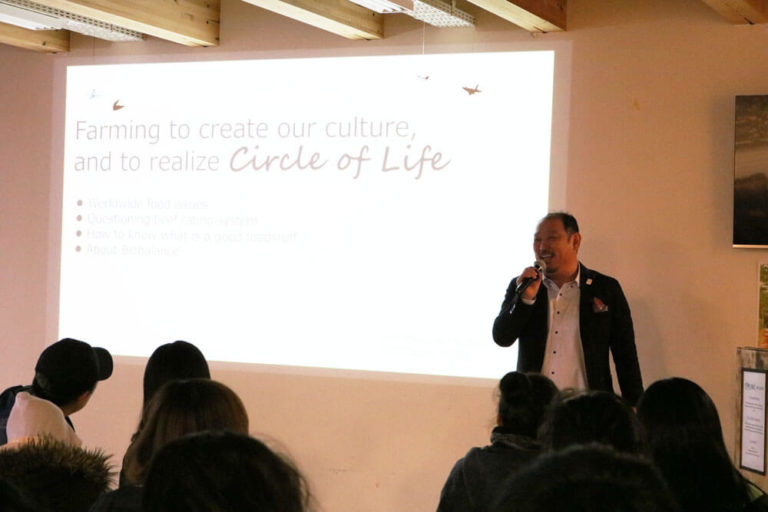Something we really want to support students with is helping them discover their own talents and potential– that uniqueness that makes them who they are and who they can become. We also want to support students in developing the art of listening to others, finding out what is meaningful to others, and what is needed in the context of their communities both here at ISAK, at home, and in their future lives.
For G-10 students, Service, as part of their CAS Program (CAS stands for creativity, activity, service) represents indeed a great opportunity to develop both aspects (focus on self and focus on others) through experiential learning.
Different groups of G-10 students are serving the Karuizawa community in various ways: helping local students and adults improve their English, organizing activities for elderly people, and working with people with disabilities and orphan children. Working in the field, facing challenges (e.g. the language barrier), building relationships, trying to understand what is needed and how to respond to specific needs: all this is crucial to learn about self and about others.
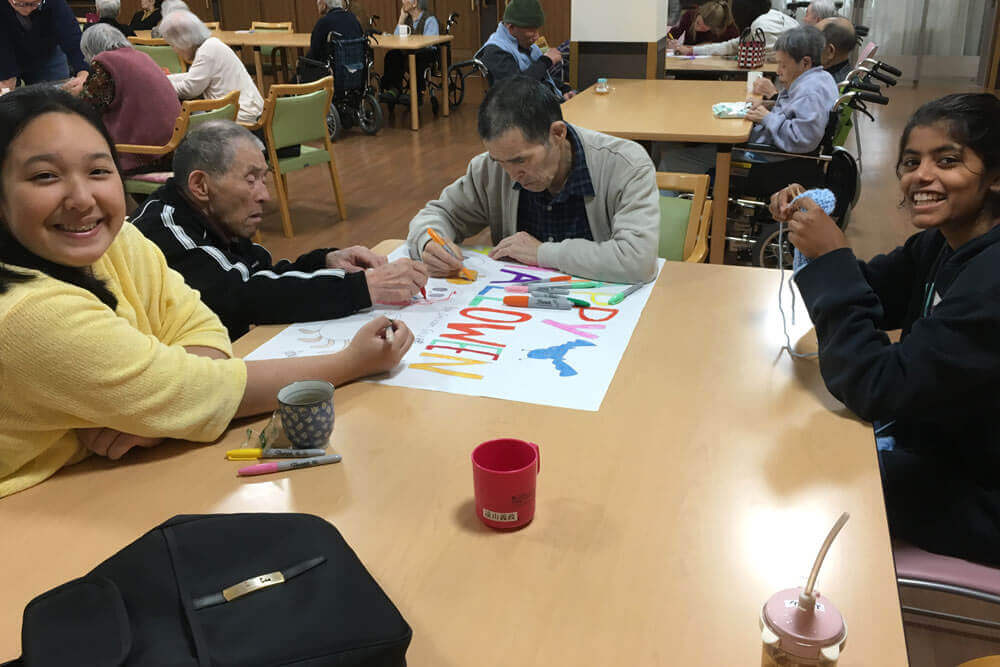
As the G-10 CAS coordinator, part of what I do is meet with the students to find out about their experiences and to support their efforts. I am always amazed by how much the G-10s gain from service. They often mention that they have learned to work in a team and to appreciate diversity and use it as a strength when organizing and running their activities. I often hear that helping others is not always immediately rewarding, but that it is always worth persevering and “being there” for others. Service is more about scattering seeds than about seeing results. It is more of a journey than a destination.
I often remind our students that service is not just about being good to other people. It is about becoming an individual who has the awareness and the ability to respond to the opportunities and challenges of our world. It is about building inclusiveness and promoting social justice. Our students will be able to apply all of this to whatever fields they choose in the future, whether it is business, education, research, medicine, science, a humanitarian field, etc.
Some students will go on to make a more visible impact, while others will operate more “underground”. What really matters to me is that they all become good listeners who are aware of what is going on around them, and that they are each able to contribute in their own way. Serving our local community is a powerful way for our students to learn how to do this.
